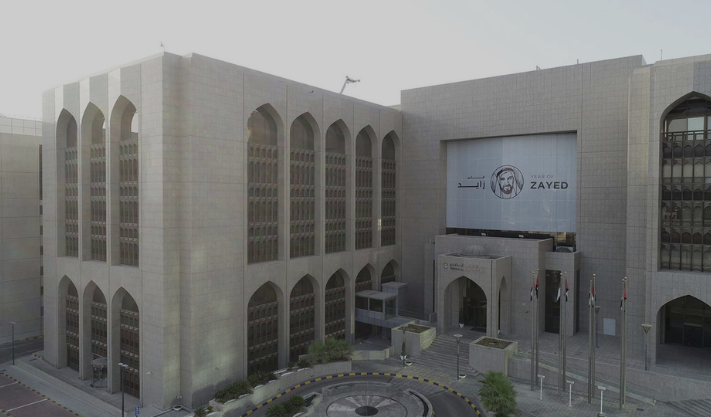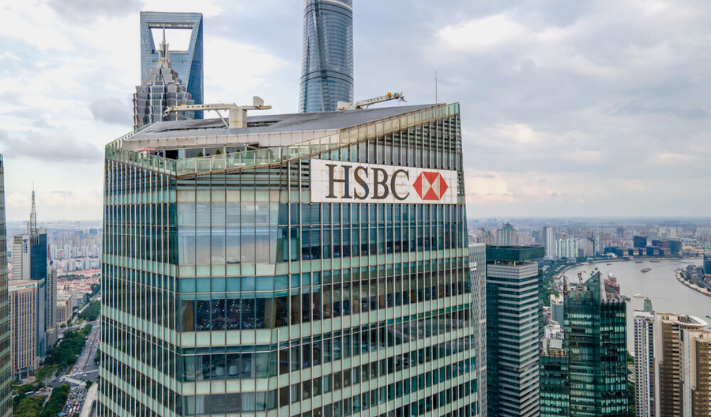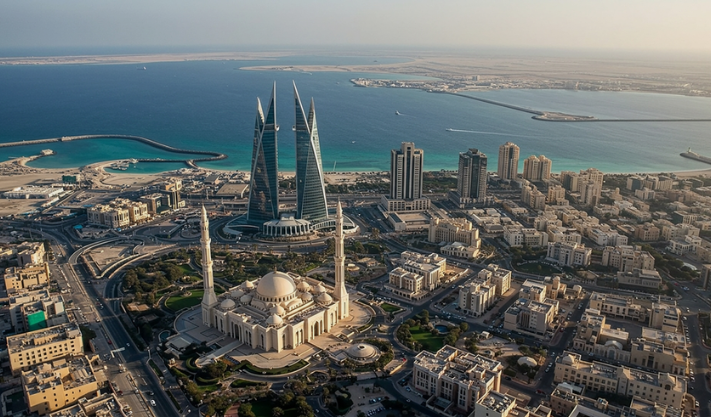GCC Central Banks Keep Interest Rates Steady to Match US Federal Reserve
Central banks in the Gulf Cooperation Council (GCC) did not change interest rates on Wednesday. This came after the US Federal Reserve also decided to keep rates the same because the economy is slowing down and inflation risks are increasing.
GCC Keeps Interest Rates Steady
The Central Bank of the UAE (CBUAE) has kept its main interest rate for overnight deposits at 4.4%, as announced on the social media platform X.
Qatar’s central bank also decided to keep its interest rates the same. The deposit rate stays at 4.60%, the lending rate at 5.1%, and the repo rate at 4.85%.
Most Gulf countries (except Kuwait) usually follow the US Federal Reserve’s rate decisions. This helps keep their currencies stable since they are linked to the US dollar.
Economic Situation in the GCC
In March, inflation in Kuwait dropped to 2.4%, and in Oman, it fell to 0.5% from 1%. This was mainly due to lower food and drink prices. Dubai also saw a drop in inflation, down to 2.8%.
Deepak Mehra, chief economist at Commercial Bank of Dubai, told Forbes Middle East that the Gulf region isn’t being affected much by the same inflation pressures as the US. He said that keeping interest rates high might slow down growth and may not be necessary for the region.
According to a report by First Abu Dhabi Bank, the Gulf region’s economy is expected to grow faster in 2025, doubling from 2.1% growth in 2024 to 4.2% in 2025.
US Federal Reserve Decision
The US Federal Reserve decided to keep interest rates steady, between 4.25% and 4.5%. They said inflation in the US is still a bit high. This decision also reflects concerns about the economic impact of new tariffs under President Trump.
Mehra said the Fed is being cautious, as inflation is still above target, the job market is strong, and consumer spending remains high. New trade tariffs could make inflation worse.
Since President Trump returned to office in January, he has increased tariffs on imports, creating more uncertainty for the Fed. Some tariffs have been delayed, but Fed officials still worry about inflation risks.
The Fed reduced interest rates three times in 2024.
Middle East Tensions
The Fed’s decision also comes at a time of rising conflict in the Middle East. For six days, Israel and Iran have been exchanging missile attacks.
Even with the tension, oil prices have only gone up by about 10%, reaching $77 per barrel—still much lower than the $120 seen after Russia’s invasion of Ukraine in 2022.
Although the US now exports more oil than it imports, a big jump in oil prices could still cause market instability and make it harder for the Fed to make policy decisions.
Published: 19th June 2025
For more article like this please follow our social media Facebook, Linkedin & Instagram
Also Read:
ADNOC Highlights Strong Commitment to US Energy Investment
EFG Hermes to Launch Securities Lending in Saudi Q3
S&P, Moody’s Upgrade Emaar Ratings on Strong Finances





